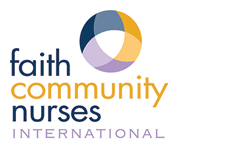Abstract
Abstract
A significant health burden exists related to type 2 diabetes. Evidence-based solutions through research are needed to improve diabetes outcomes. Faith community diabetes education can be utilized to provide the knowledge needed to manage the disease. The purpose of the current study was to determine if a faith-based community diabetes education program including health coaching can increase self-efficacy in people with type 2 diabetes.
This pilot study used a pre-test/post-test format for data collection. Following diabetes education for all participants, half of the group received health coaching and the other half no further intervention. A survey consisting of two evidence-based tools, the Short Diabetes Knowledge Instrument and the Diabetes Self Efficacy Scale along with demographic data was utilized for the pretest. Data analysis included t-tests and Pearson Correlation.
Although there was no significant difference between the intervention and control groups, the results showed diabetes knowledge levels and self-efficacy were significantly improved from pre-test to post-test in all participants through t-test analysis (n 16, t -2.45, p 0.027; n 16, t -2.44, p 0.028). Within the intervention group, there was also improved diabetes knowledge from pre-test to post-test (n 8, t -2.38, p 0.05). A positive correlation was found between diabetes knowledge on the pre-test and the post-test self-efficacy (r 0.67, t 0.004).
Key Words: motivational interviewing, diabetes self-management, self-care
First Page
16
